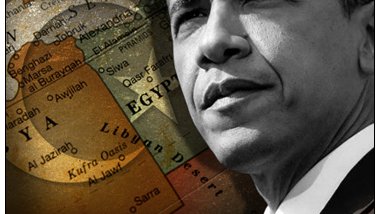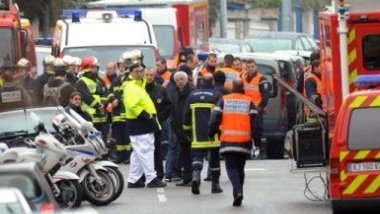This is unnecessary. “Faced with war the nation has to take appropriate measures,” claimed French President François Hollande following the terrorist attack in Paris whilst calling upon NATO. Left with little choice, the German government expressed its solidarity with France and a mandate for the unified force of Germany to intervene in Syria. Whilst the precise meaning and objectives of the mission remains the subject of public debate, the Bundestag announced on Friday its intention to send Tornado aircraft to Syria in January. German forces will also be provided to protect the French Charles de Gaulle aircraft carrier.
Not only this, but the fierce debate over the fate of the high numbers of refugees now in the EU continues to rage, with the governments of both Hungary and Slovakia filing lawsuits in the European Court against the mandatory quota systems introduced. The two countries have been consistently reluctant to grant asylum or aid to those seeking protection and have hindered the efforts of the Council of Ministers. The conflicting policies of an open-armed welcome and reinforced borders have made a compromise so difficult to reach.
The impact of these two crises indicated that the social and political sphere is influenced from the outside – and this doesn’t look as if it is about to change. Constant noise from the media is present in all crises. Last Friday’s decision of EU interior ministers to implement an extensive passenger data storage system in the wake of the terrorist attacks in Paris is proof of this. Information on people travelling on both transcontinental and European flights will now be exchanged amongst the member states - this includes routes, names, email addresses, credit card numbers and information about baggage and meal requests. This information will be retained for five years with a disclosure possible, particularly in the case of terror suspects. [1]
The first meeting of the “Internet Forum” also convened in Brussels this week. Consisting of business representatives, EU ministers, MEPs and Counter -Terrorism Coordinator, Gilles de Kerchove, the initiative aims at removing extremist and terrorist propaganda on the internet. Where should freedom end? [2]
These events prove that authorities are using the same old responses to the recent challenges - the restriction of civil liberties. It is important to recognise these developments from the outset, even if they are at present just notes in the margins of our newspapers.







Follow the comments: |
|
